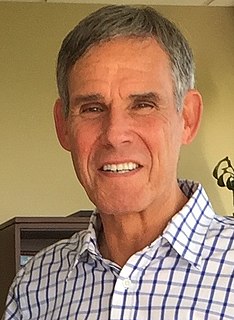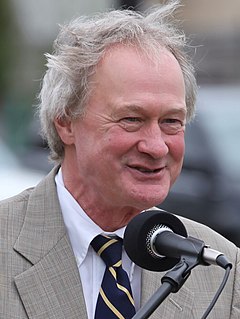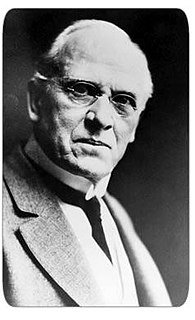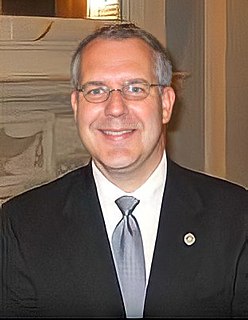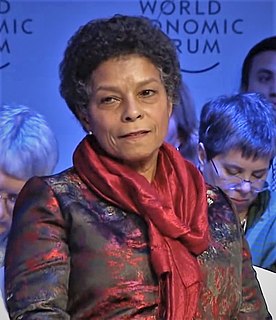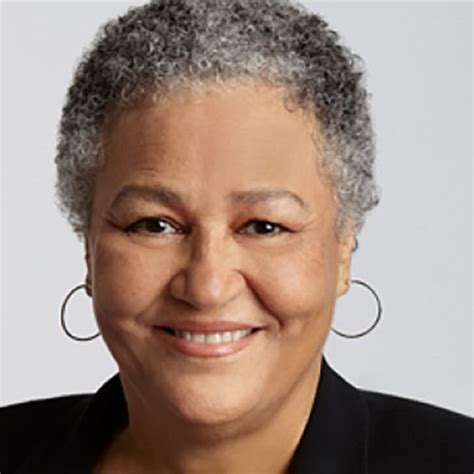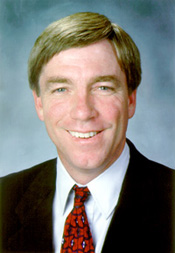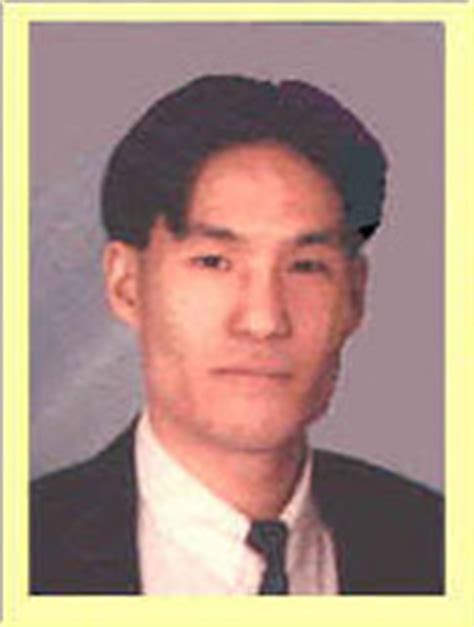A Quote by Frans van Houten
Crucially, healthcare needs to become connected. It should become effortless for medical professionals to share relevant data with colleagues around the world. Medical devices and systems in hospitals should be able to combine multiple sources of information.
Related Quotes
You have to imagine a world in which there's this abundance of data, with all of these connected devices generating tons and tons of data. And you're able to reason over the data with new computer science and make your product and service better. What does your business look like then? That's the question every CEO should be asking.
Electronic medical records are, in a lot of ways, I think the aspect of technology that is going to revolutionize the way we deliver care. And it's not just that we will be able to collect information, it's that everyone involved in the healthcare enterprise will be able to use that information more effectively.
We have to remember that information sharing is restricted by legal barriers and cultural barriers and by the notion that information is power and therefore should be hoarded so if you share information you can extract something in exchange. In today's digital online world, those who don't share information will be isolated and left behind. We need the data of other countries to connect the dots.


